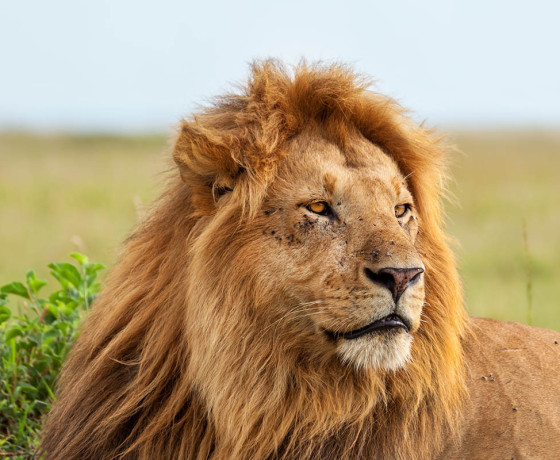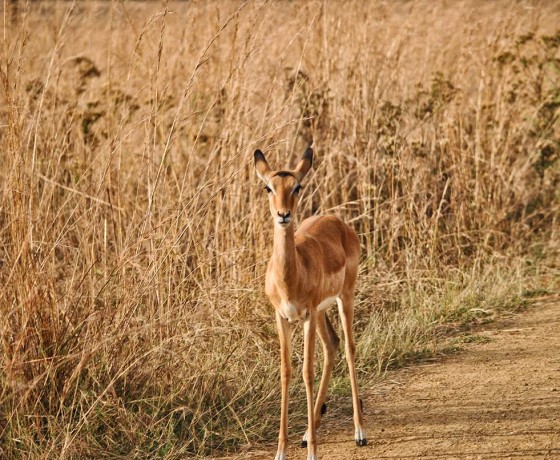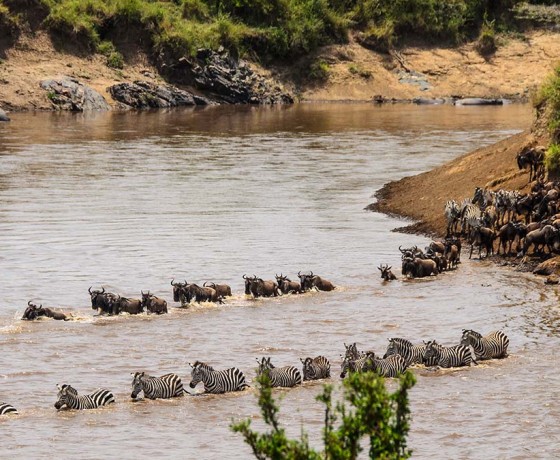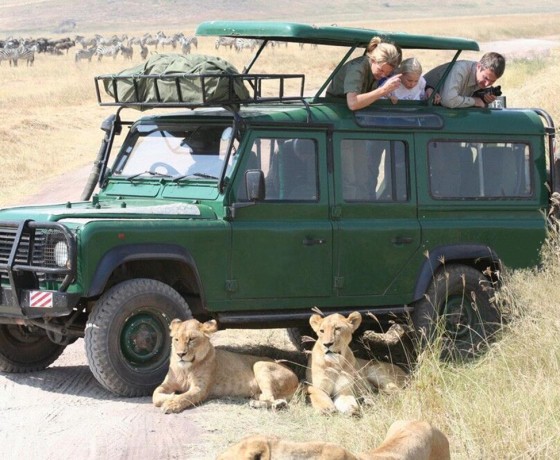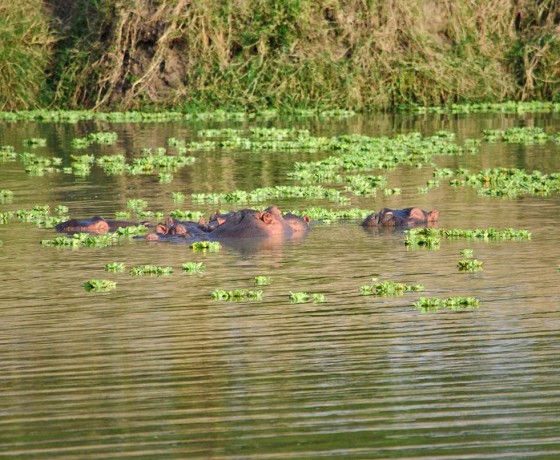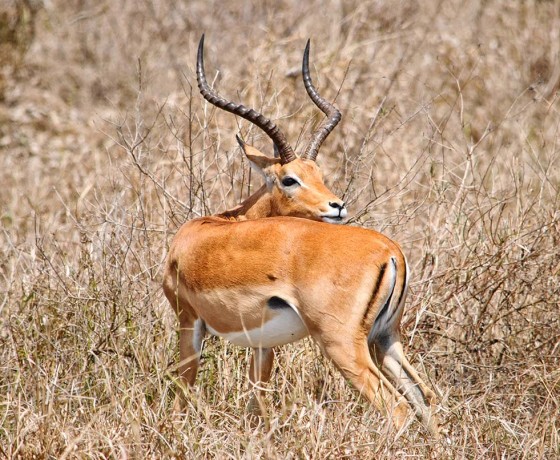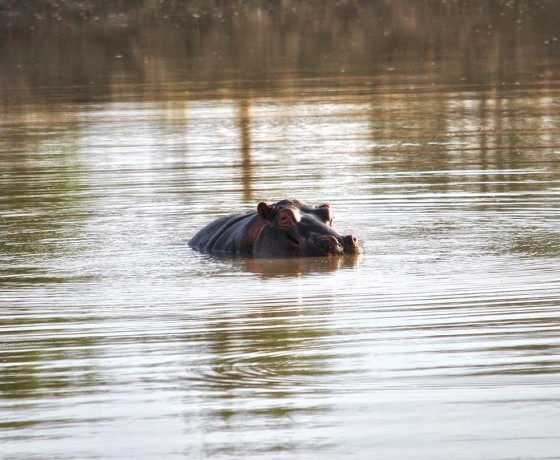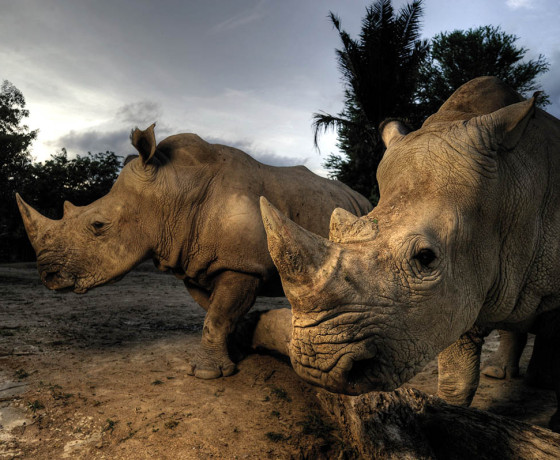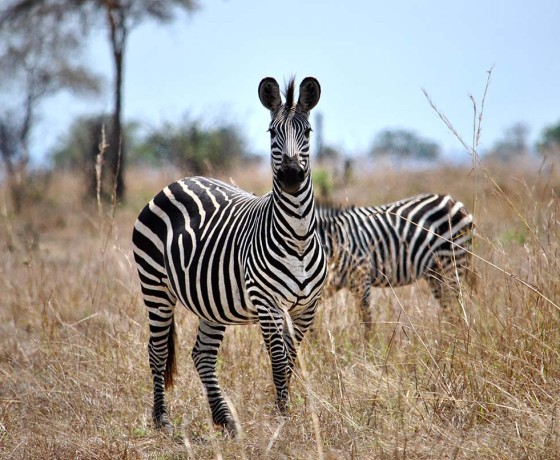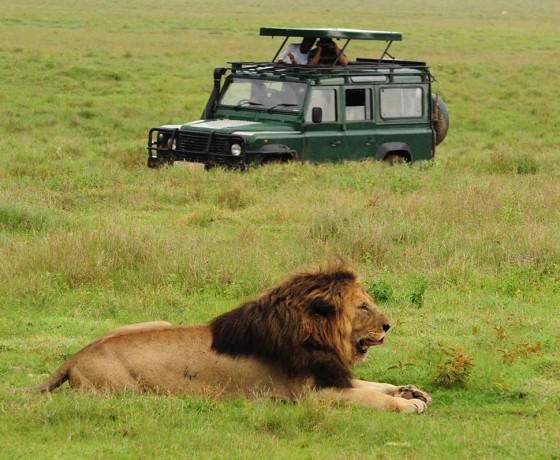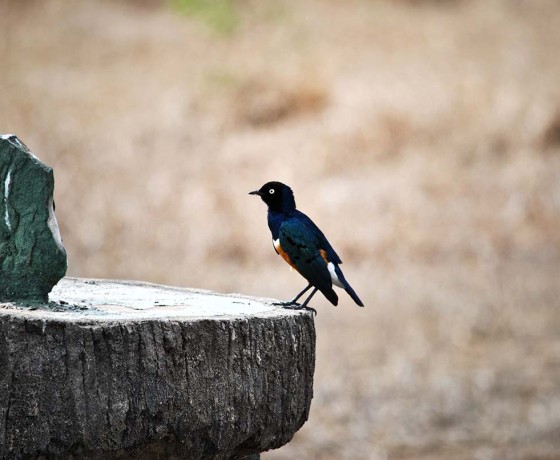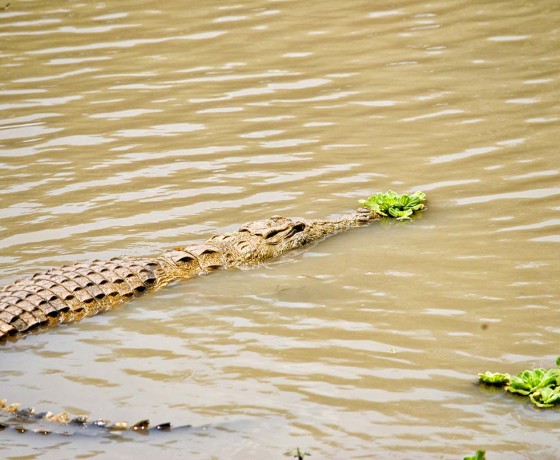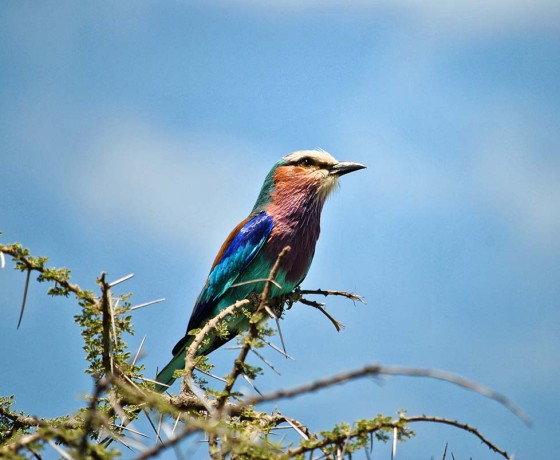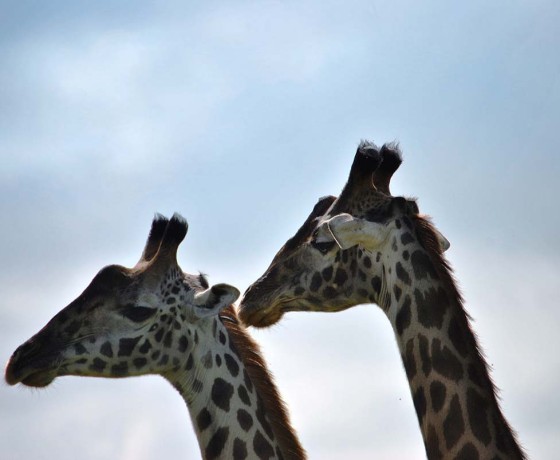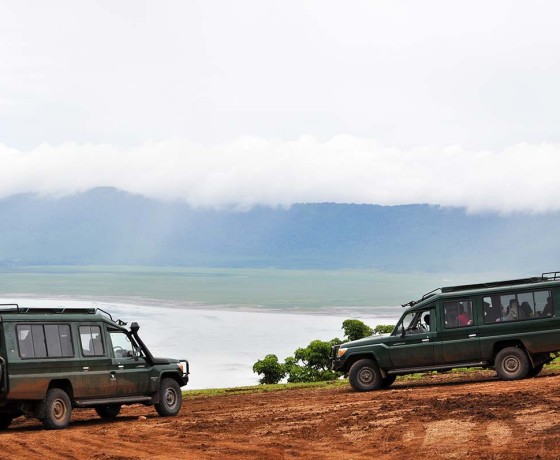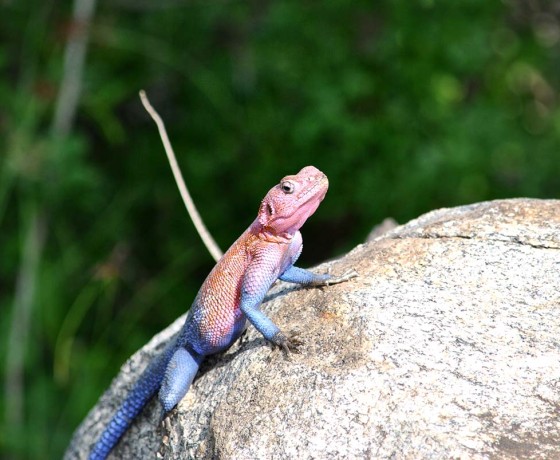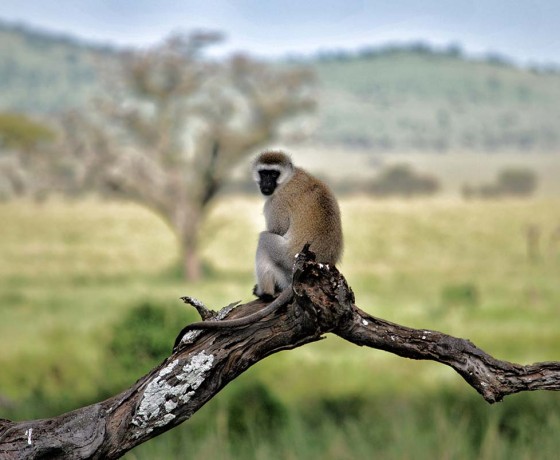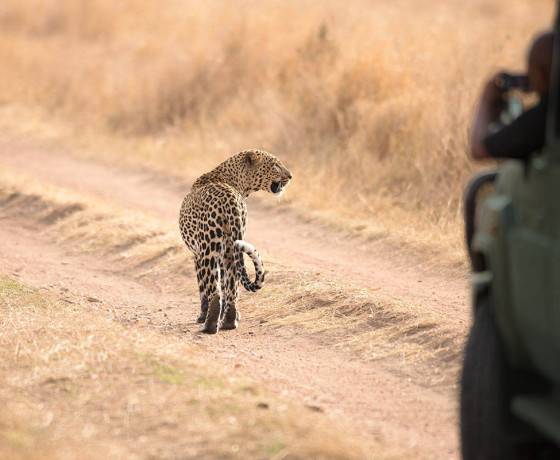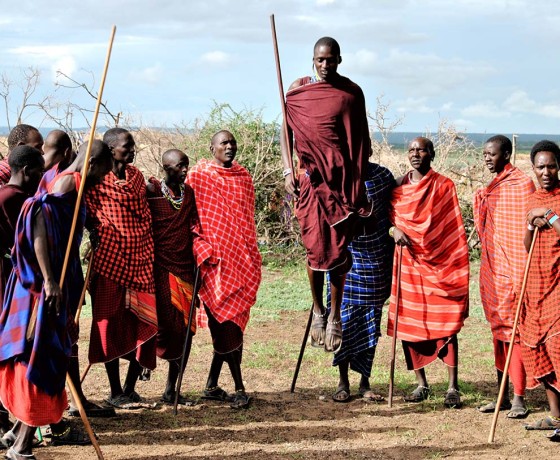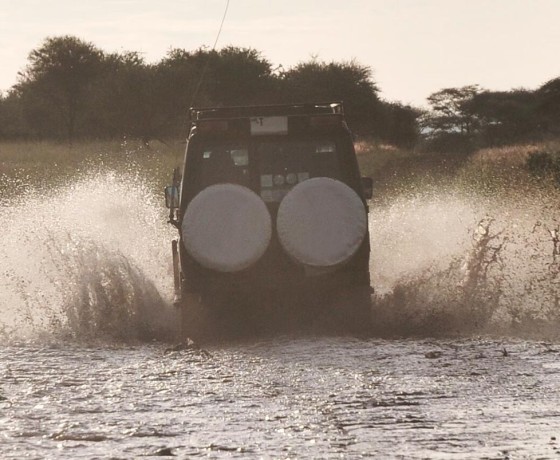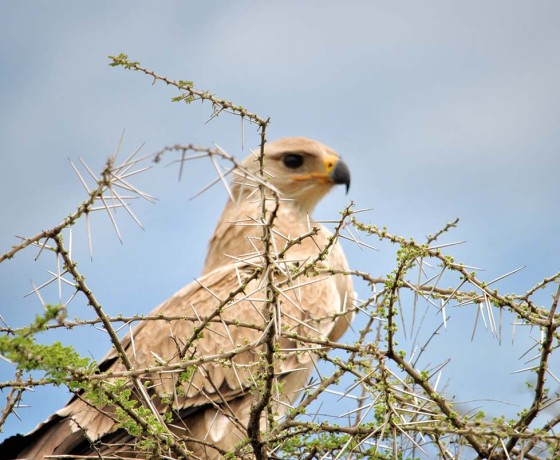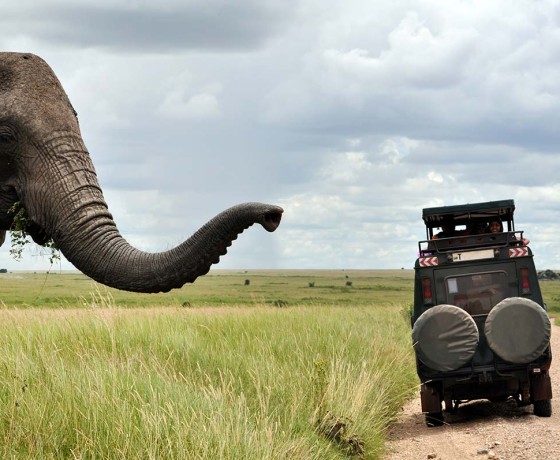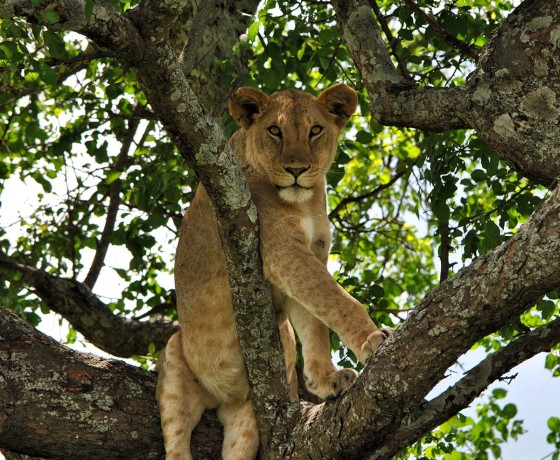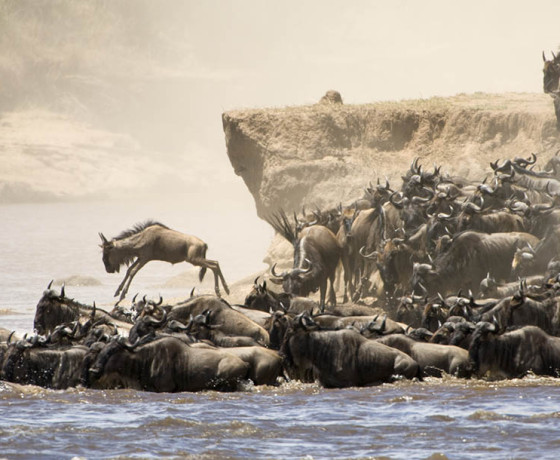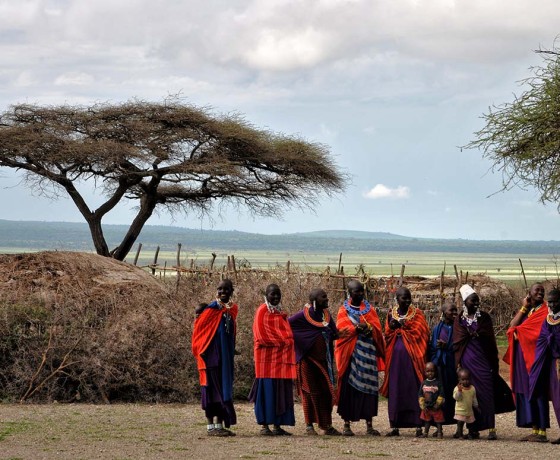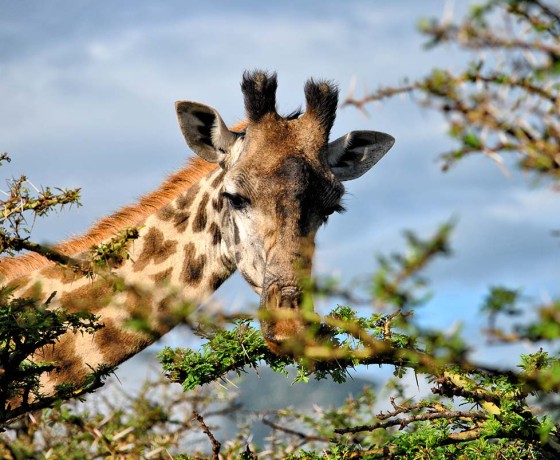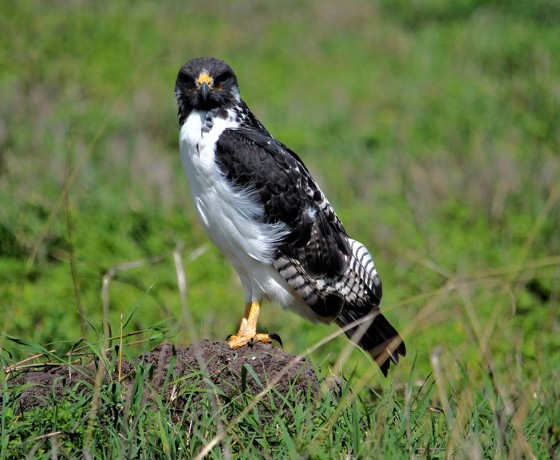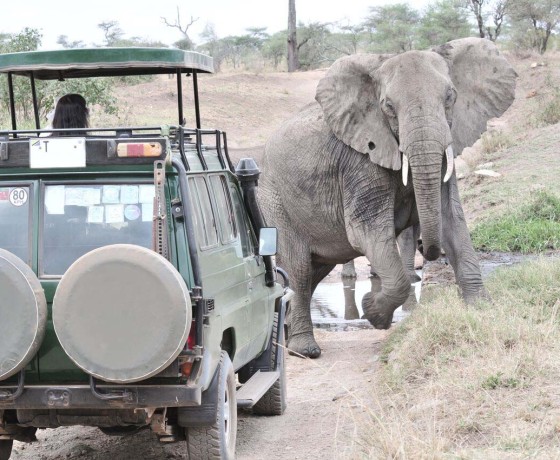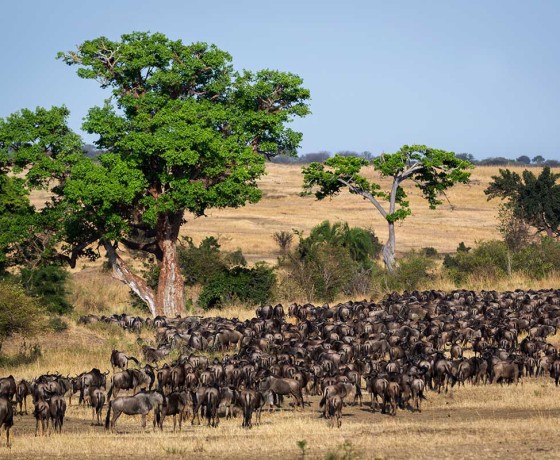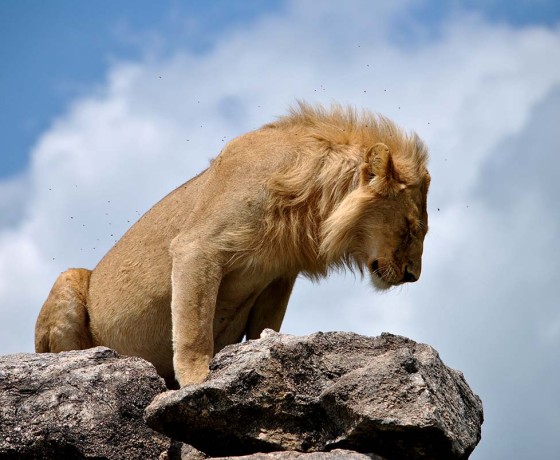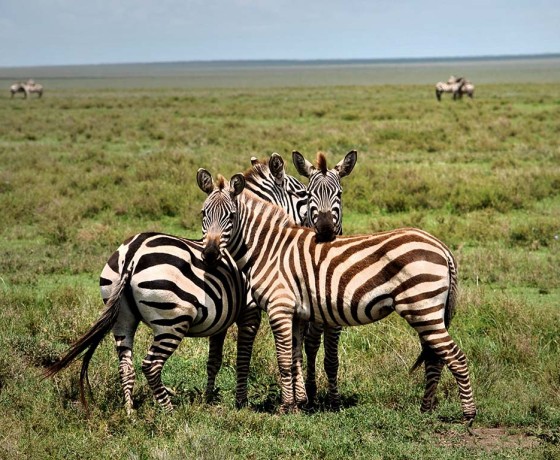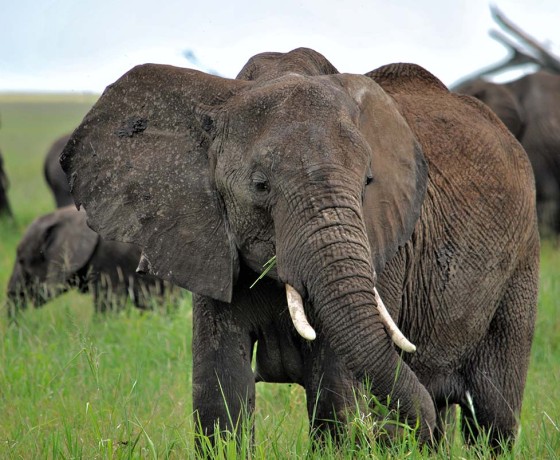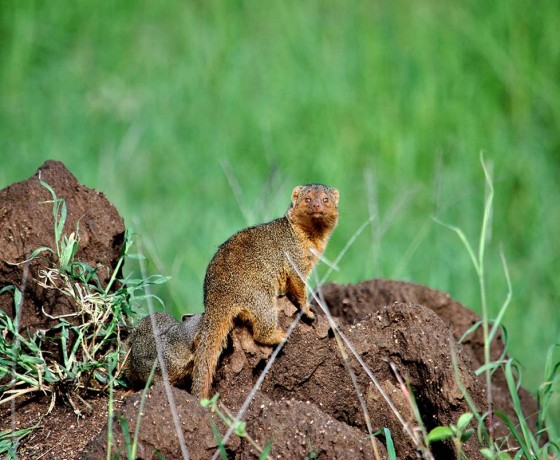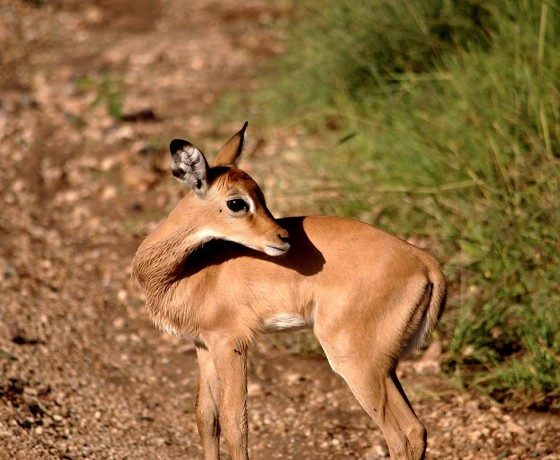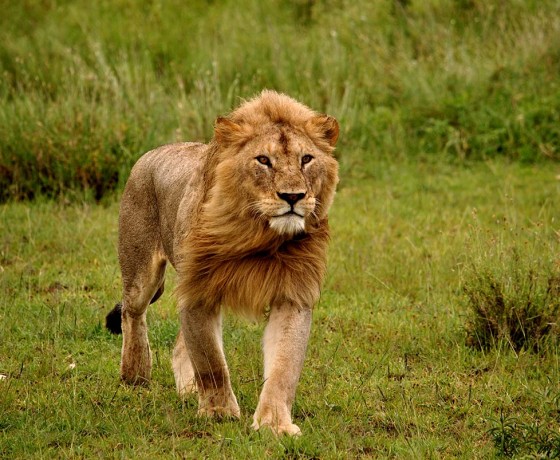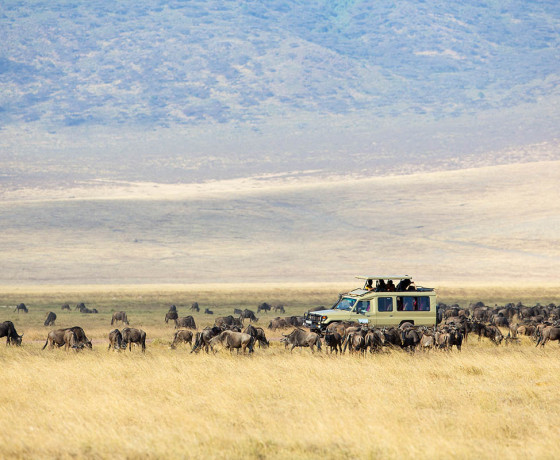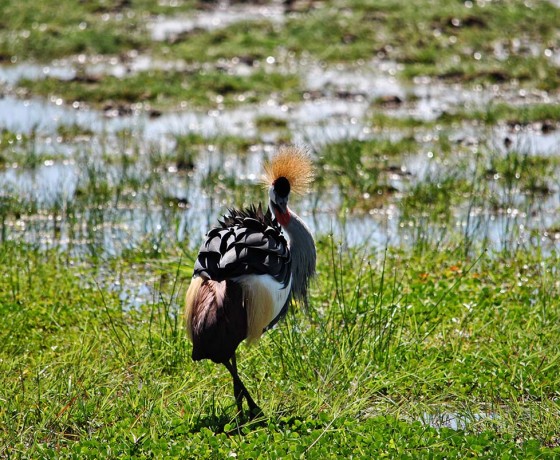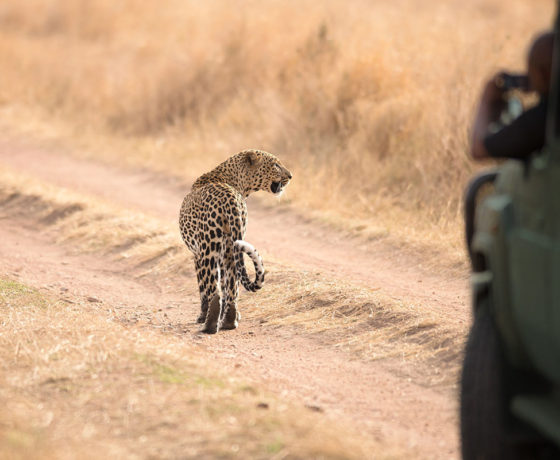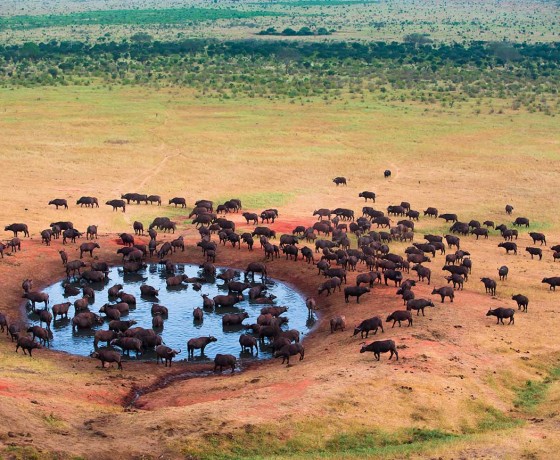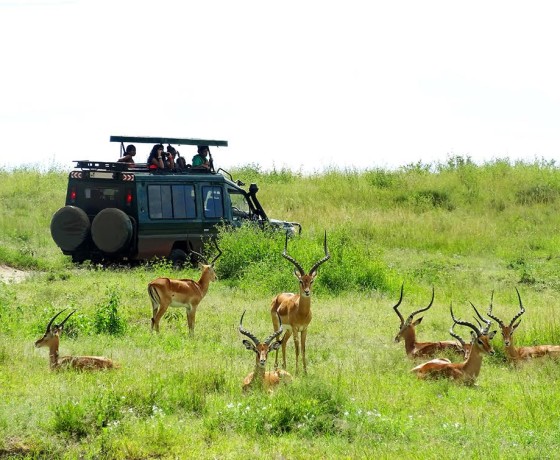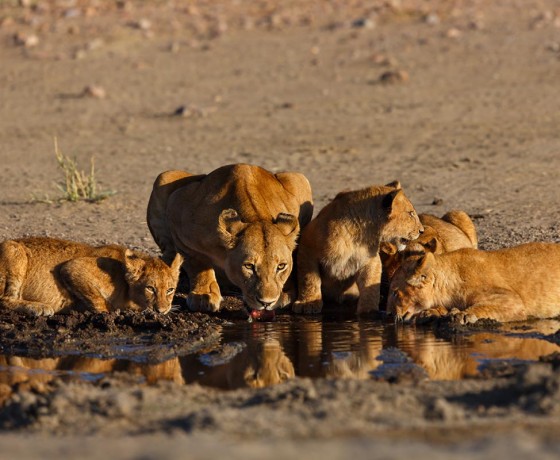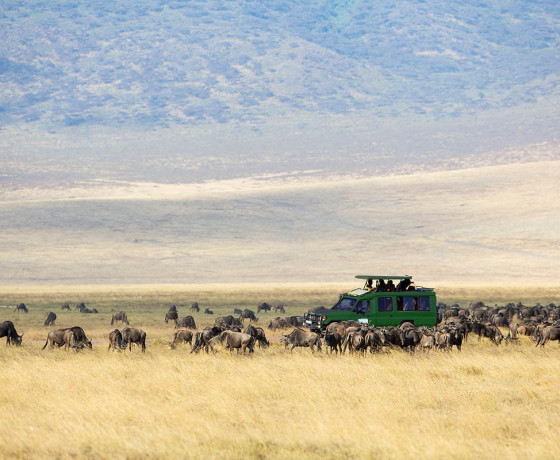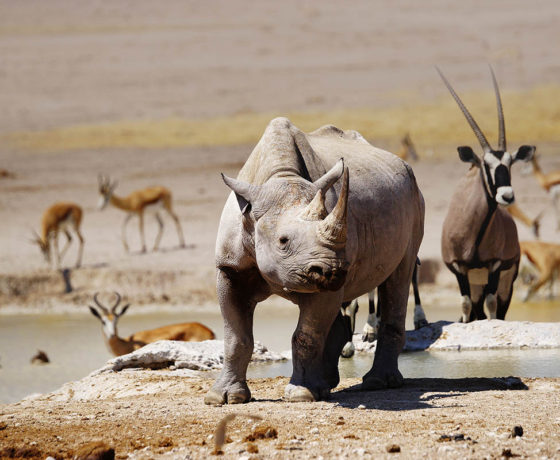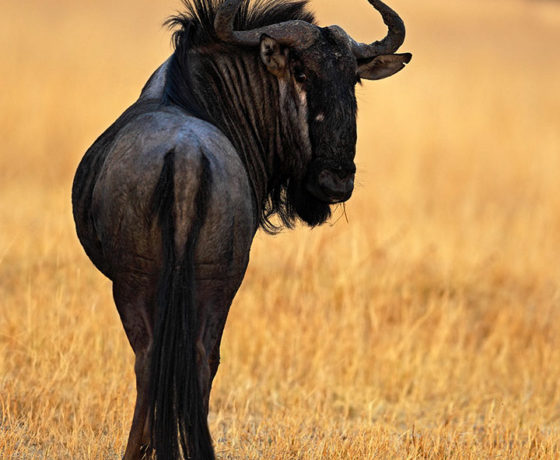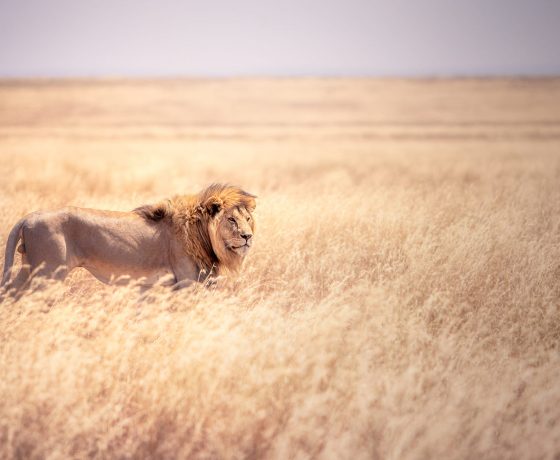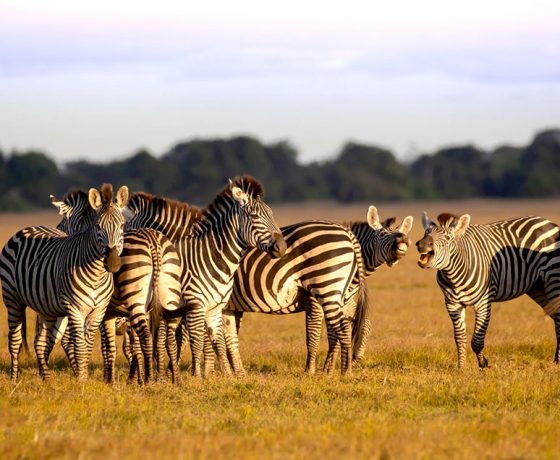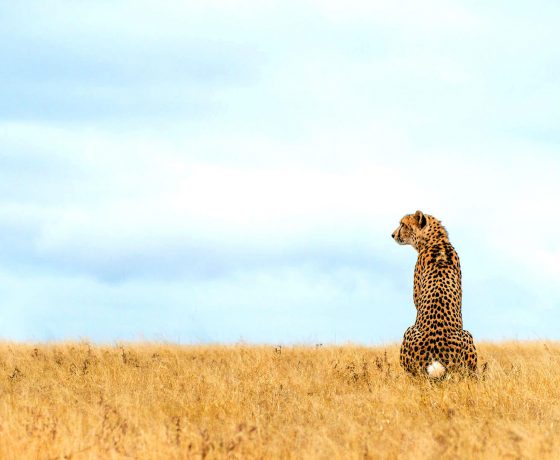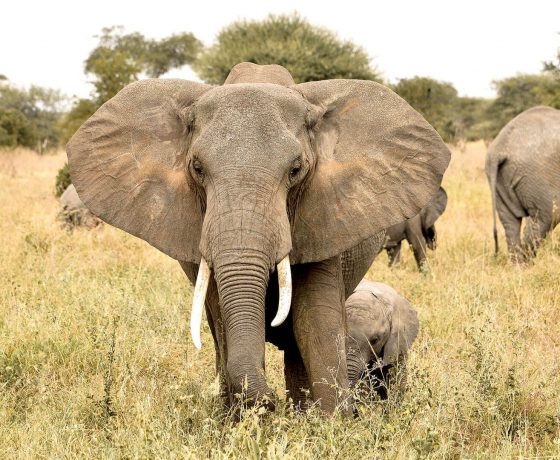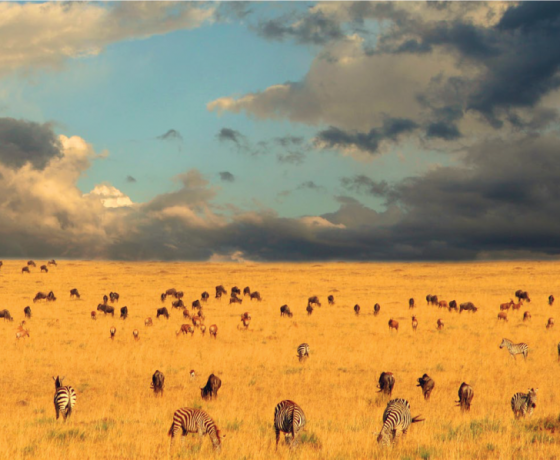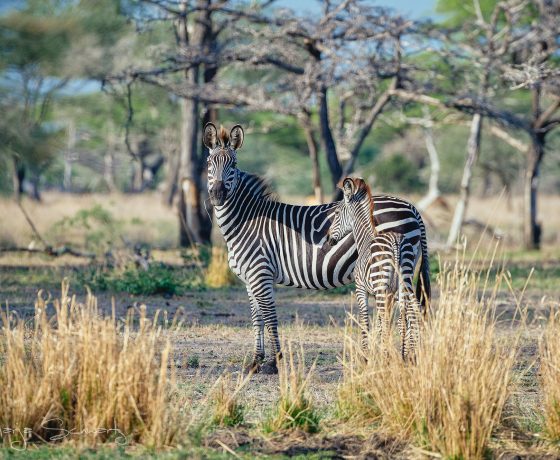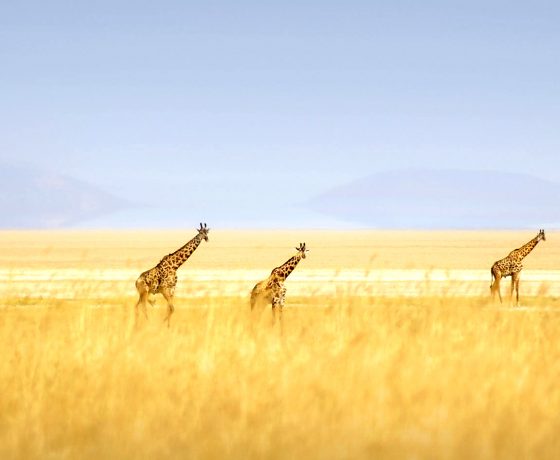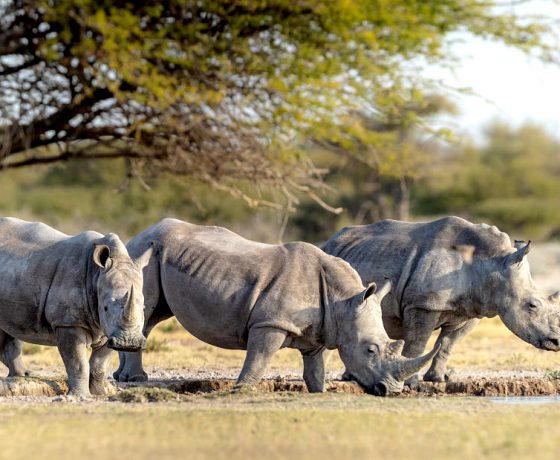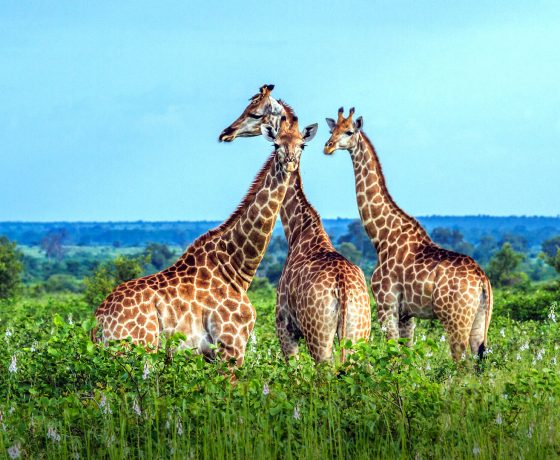Safaris
As SkyPalm Travel & Tours one of our expertises is Safaris in East Africa, especially in Tanzania. Please contact with our highly experienced Safari consultants for any type of Safari related enquires included but not limited to: Vehicle Safaris, Boat (River) Safaris, Walking Safaris, Photography Safaris, Cultural Safaris, etc.
East Africa delivers a classic Out of Africa safari with its rolling grasslands, rich diversity of wildlife, colourful Maasai and Samburu warriors, luxurious lodges and tented camps. Visitors are warmly welcomed and the infrastructure is excellent, especially the network of airports serving the far-flung reserves via the international air hubs of Dar es Salaam and Nairobi.
East Africa is home to two of Africa’s most popular safari destinations – Tanzania and Kenya – along with gorilla encounters in the rainforests of Uganda and Rwanda, and the tropical beaches of Zanzibar. Kenya: Samburu, migration & Maasai Mara Kenya’s world-famous Maasai Mara reserve is the setting for the region’s spectacular wildebeest migration between August and November each year, but it boasts one of the most diverse resident wildlife populations all year round. Kenya safari highlights include the Amboseli and Samburu wildlife reserves. Kenya combines well with gorilla trekking, tropical islands like the Seychelles, and Tanzania’s top reserves.
Tanzania: Maasai, migration & natural wonders Tanzania’s most famous safari destinations – the Serengeti, Ngorongoro Crater and Lake Manyara – lie conveniently close to each other on the ‘Northern Safari Circuit’ and, along with Tarangire, deliver some of Africa’s very best Big 5 game viewing and wildebeest migration safaris. South Central Tanzania is less well known and offers uncrowned game viewing in superb reserves such as Ruaha, Selous Game Reserve Nyere National Park and Katavi. For an off-the-beaten track experience into the wilderness, the exotic Mahale Mountains along Lake Tanganyika are fascinating – you’ll find forests full of chimpanzees and glorious clouds of butterflies. When it comes to travel bucket lists, Tanzania is home to both the Serengeti – the setting for the wildebeest migration between January and August – and Africa’s highest peak and the only snow-capped mountain in the tropics, Mount Kilimanjaro. Tanzania combines well with gorilla trekking, tropical islands like Zanzibar, and Kenya’s top reserves.
Few destinations in Africa can rival Tanzania’s diversity of wildlife, cultures and landscapes. From the classic savannah destinations of the Serengeti, Tarangire and Ngorongoro Crater to the beaches and coral reefs of Zanzibar and the tropical coast, a Tanzania safari holiday delivers one massive experience after another. And that’s before you discover the off-the-beaten-track experiences such as chimpanzee trekking in the magisterial rainforests of Mahale and Gombe or game viewing in the super-remote Selous Game Reserve Nyere National Park. Even fewer destinations however can offer an experience to match the Serengeti Migration. Forming the centrepiece of most Tanzania safaris, the migration is regarded as Nature at her most extravagant and involves hundreds of thousands of wildebeest, zebra and antelope running the gauntlet of predators as they migrate around the Maasai Mara/Serengeti ecosystem. Tanzania offers a wide range of safaris for both first-timers and seasoned campaigners. The ease with which a child-friendly safari can be combined with a beach holiday makes Tanzania a shoo-in for families while the country’s most exclusive and luxurious safari lodges and beach retreats make for an unforgettable Tanzania honeymoon. And for a full East Africa safari experience, our experts have selected a range of Kenya & Tanzania safari combinations. Browse our range of Tanzania safari itineraries for ideas and inspiration or simply contact one of our African Safari Experts for assistance with planning a tailor-made tour.
Uganda: Gorilla trekking & game viewing Uganda’s Bwindi Impenetrable Forest is home to endangered mountain gorillas. The gorilla population is growing thanks to a groundbreaking partnership between local communities, national parks and tourists trekking to see them. Gorilla trekking offers one of Africa’s most unique and unforgettable experiences – encounter wild gorillas in their natural habitat, no fences, no interference other than gentle habituation to the presence of humans in the rainforest. Uganda is also a famous bird-watching destination with exotic migrants and abundant resident species. It offers Africa’s best on-foot chimpanzee encounters at Kibale Forest and unique combination safaris featuring big game and big primates in Murchison Falls and Queen Elizabeth National Parks.
Rwanda: Africa’s easiest gorilla trekking Tiny Rwanda punches above its weight when it comes to an East Africa safari. Fly into the capital Kigali and, within a matter of hours, you’ll be in the emerald world of the Volcanoes National Park, the rainforest home to several mountain gorilla families. Gorilla trekking in Rwanda combines well with safaris in Tanzania and Kenya as well as tropical islands like Zanzibar.
Kenya: The incredible diversity of landscapes, cultures, wildlife and activities mean endless opportunities for visitors to Kenya. Kenya offers a diverse range of environments all within relatively close proximity to one another, and has an excellent domestic travel infrastructure. Kenya’s rich diversity of wildlife means that no two experiences in the wild are ever the same. In Kenya, it is possible to plan a safari that blends adventure and relaxation, luxury and natural simplicity, social experiences and solitude. The diversity of game in Kenya is simply astounding. From the big five to the small five, Kenya’s game parks, reserves and other wildlife protection areas host some of the wildest game thus the reason why this is home for the safari. Dotted in their unique landscapes, geographical features, a vast array of game ensues. The icing on Kenya’s wildlife cake is the annual Wildebeest Migration at the infamous Maasai Mara migration between mid-August and late October. This is the best example of wild nature at its best as hundreds of thousands of wildebeests, zebras, Thomson’s gazelles, topi and elands.
Frequently Asked Questions (FAQ)
About your Safari Trip
All programs featured on SkyPalm Travel&Tours Ltd. website (https://skypalm.com/) may be booked as a private tour with exclusive use of safari vehicle and driver/guide. Only popular safari programs have been listed here. Alternatively an itinerary can be specially designed or ‘tailor made’ to any destination within Tanzania (or in other East African Countries upon request) to your specific requirements with the guidance of our experienced tour consultants. All tours guarantee a window seat. A safari briefing is given prior to commencement to all our programs. Unless otherwise stated in the safari programs transfers to and from the airports are not included but can be added on as an optional extra. Itineraries are subject to change depending on local conditions.
During Safari
Distances in Tanzania are vast, and travel by road can be tiring. It is wise to spend more time in fewer parks. You will see more and won’t return home exhausted. Keep your distance from animals and be quiet to avoid distressing them. Always follow the instructions of your ranger or guide. Don’t leave your vehicle in the parks except in designated places. Keep to recognized tracks to avoid damaging vegetation.
Camping in Safari
Camping conjures up many different images for different people – memories of scout and guide camps as a youth or perhaps family camping trips – but for the purposes of describing the safaris offered by TATO (Tanzania Association of Tour Operators) camping is divided into four categories:
Budget Camping, Fly Camping, Luxury Camping & Lightweight Luxury Camping.
Budget Camping Safaris
Budget camping involves travelling with all your camp equipment, your guide and possibly a cook in your vehicle with you. Once you get to camp everyone helps to cook and set up. This is economical and fun, but does mean that you spend valuable time in the evening organizing your camp and food when you could be out on game drives. These services typically use the less expensive shared or public campsites, but exclusive camps, or campsites with shower and toilet facilities outside the parks can also be booked and used. Beds are usually mattresses on the floor of a small tent.
Fly Camping Safaris
Fly camping involves setting up small, temporary camps for a night under the stars, more often than not in a remote part of the bush. Fly camps are the ideal end to a day’s walking safari or game drive, with many unexpected comforts – a canvas washbasin with hot water, fresh towels, hurricane lamps and delicious food cooked on the fire. At night, the sensation of sleeping in a light tent or just under a mosquito net, as the moon shines down and the noises of the African night begin, is the highlight of any safari holiday.
Luxury Camping Safaris
Imagine feather pillows, soft towels, gin and tonic and four course gourmet meals in a candlelit dining tent as far from the hustle-bustle of modern life as you can get. This is what luxury camping is all about. The tents are roomy and comfortable, with a veranda in front and a bathroom with hot-water shower, washbasin and toilet directly behind the tent. The luxury tents have a bedside table, gas or solar lamps, chairs and a wardrobe for your clothing. A deep freeze will supply your drinks with ice and keep specialty food items fresh. Laundry is done daily. A large staff will ensure that your meals are gourmet and all your needs in camp are met. Luxury camps are often situated so that you can enjoy the same area for several days.
Lightweight Luxury Camping Safaris
Like the luxury camps, tents will have metal or wood-frame beds, standing headroom, a veranda and small en-suite toilets and hot showers. However, the tents will be smaller and may be the traditional ‘A’ shape with a central ridge pole. The camps are fully staffed and meals will be three course affairs served by a waiter in a lantern lit mess tent, or on a table under the stars. Pick-up trucks, rather than Lorries, often move these camps, so they don’t have luxuries such as a deep freeze. There will usually be wine, beer and soda on ice in camp. Lightweight camps like this can be moved overnight and offer an amazing degree of comfort while maintaining the flexibility of a lighter camp.
Vehicles & Driver Guides
Transport used on safari will be a 7 seater safari vehicle or a 5 seater 4 wheel drive vehicle, all safari vehicles are air conditioned and with pop up roof hatches for ease of game viewing.
Our driver/guides are fully trained and competent people conversant in all aspects of wildlife. Their immense knowledge and experience of land will ensure a successful safari and wonderful memories to take home.
Travel Tips
Getting To Tanzania
There are direct and one-stop flights from overseas to Dar es Salaam, Kilimanjaro (near Arusha) and Zanzibar Island. Arusha town is the starting point for Tanzania’s most popular Northern Safari Circuit. Kilimanjaro International Airport (KIA) is situated 46km/29mi east of Arusha. Tanzania’s main airport is Julius Nyerere International Airport (DAR) located 13km/8mi southwest of Dar es Salaam. The latter is the entry-point for visitors to the southern parks.
Moving on from Arusha or Dar es Salaam you can fly or drive between reserves or you can opt to do a bit of both. Some domestic flights out of Arusha will leave from Kilimanjaro International Airport, but most flights to reserves leave from the much smaller Arusha Airport (ARK) located 8km/5mi west of town. However you choose to travel, in most cases your local tour operator will pick you up from the airport and arrange all further transportation as part of your safari package.
Flights & airlines to Tanzania
Please contact us through https://skypalm.com/contact/ or on info@skypalm.com to see which airlines can take you to Tanzania and what tickets would cost.
Domestic airlines & flights in Tanzania
Charter flights between parks are usually booked by tour operators as part of the tour package. Domestic flights can be booked with several domestic carriers. If you are trying to enter Tanzania on road you can reach Tanzania from the north, paved roads connect the Kenyan capital of Nairobi with Arusha and cross the border at the Namanga post. A number of shuttle buses, leaving twice daily between the two cities, also follow this route. The trip takes approximately 4 – 6 hours.
From the south, the road from Malawi enters Tanzania at Karonga before continuing onwards to Mbeya. There are no viable bus services along this route. It is possible to cross the border from Uganda at the Mutukula border post, but transport options are equally limited.
Internal roads connect Arusha and Dar es Salaam to major towns around the country. Roads to major tourist destinations are either already paved or under construction. At the time of writing, paved road extends from Arusha to Tarangire National Park and almost to Karatu, on the way to Ngorongoro Crater.
There are a number of reliable bus service operators running throughout Tanzania as well.
Please contact us through https://skypalm.com/contact/ or on info@skypalm.com to see which airlines/bus service operators/ferries can carry you within Tanzania and what tickets would cost.
International Airports & Airport tax
Tanzania has three international airports: Dar es Salaam International Airport (which handles most international flights), Kilimanjaro International Airport and Zanzibar International Airport.
Dar es Salaam International Airport
Located 15 km southwest of Dar es Salaam and takes approximately 25 minutes to reach by car from downtown. Airport facilities include a duty-free shop, car hire, post office, banking and bureau de change, and a bar and restaurant.
International Airlines: Air India, Air Malawi, Air Mozambique, Air Tanzania, Air Zimbabwe, British Airways, Emirates, Ethiopian Airways, Kenya Airways, KLM, Precision Air, South African Airways and Swiss Air
Kilimanjaro International Airport
Lies 40 km from Arusha and takes approximately one hour to reach by car. Facilities include curio shops, a post office, and a bar and restaurant. Shuttle bus services to the airport run regularly from both Arusha and Moshi.
Zanzibar International Airport
Located approximately 7 km from the centre of Stone Town it takes approximately 15 minutes to reach by car. Facilities include a restaurant, bureau de change and curio shops
International Airlines: Air Tanzania, Kenya Airways, Ethiopian Airway, Precision Air and South African Airways. International airlines: Air Kenya, Ethiopian Airways, KLM, Precision Air.
Departure tax from Tanzania and Zanzibar is included in the price of your ticket, whether flying on domestic or international flights.
Entry Requirements, Passports & Visas
Most visitors require visas with the exception of citizens of certain countries of the Commonwealth. It is advisable to obtain them in advance from Embassies and High Commissions as several airlines insist on them prior to departure. They can also be obtained on arrival at Dar-Es-Salaam and Kilimanjaro international airports and at the Namanga Gate on the Tanzania/ Kenya border. Requirements may change so you are advised to contact the appropriate diplomatic or consular authority before finalizing your travel arrangements. Although part of the union of Tanzania, Zanzibar remains independent, so passports/ Tanzania visas are required even on a day’s visit.
A valid passport. Most visitors to Tanzania require a visa to enter the country. Three-month single-entry tourist visas are available at Tanzanian embassies in your country, price subject to nationality. Contact your local embassy or visit www.tanzaniatouristboard.com for further details.
Travel Light
Some safaris/air charters limit baggage to a 10-15 kilo maximum.
What to Take
Don’t forget the camera, camcorder and binoculars and take a torch for finding your way around your camp at night. Stock up with replacement batteries for all these goods. Take sun-glasses, hat, sun lotion, lip balm – and some insect repellent, it is better not to get stung even if you are taking anti-malaria tablets. It’s best to take any medicines required for the duration of the visit. A spare pair of glasses or contact lenses is also a good idea. Take plenty of film; it is difficult to obtain outside the main centres. While traveller’s cheques can be exchanged in the cities and towns, banking facilities in remote areas are restricted, so take plenty of cash.
Climate & What to Wear
It never gets really cold in Tanzania so lightweight clothing is the norm. On safari avoid brightly colored clothes, they may alarm the animals. Browns, beiges and khaki are preferred. Short-sleeve shirts/ blouses and shorts are ideal, but pack a sweater; it can be chilly in the early morning and in the evening. Wear a hat to avoid sun-stroke and don’t forget a swimsuit. Shoes should be sensible – walking through the bush is not like strolling through Hyde Park – and for climbing Kilimanjaro or Mount Meru take thermal underwear, a rain jacket, good socks and sturdy boots. Shorts for women are acceptable – but not too short. Women should carry a wrap to cover their legs in towns or villages as revealing clothes can cause offence, especially in Zanzibar and other Muslim areas. On the beach, and within the confines of beach hotels, normal swimwear is acceptable but nudity certainly is not.
Tanzania’s climate is predominately tropical. Coastal areas are usually hot and humid, but on the beaches a sea breeze cools the air considerably. The average day temperature is 30C. Tanzania has two rainy seasons – the long rains from late March to June and the short rains from November to January. The long rains fall in heavy downpours, often accompanied by violent storms, but the short rains tend to be much less severe. The hottest time of the year is from December to March, before the long rains begin. The coolest months are June, July and August, when the weather is often overcast. In high-altitude areas such as Kilimanjaro and the Ngorongoro Highlands, temperatures can fall below freezing.
Best times to visit
The best wildlife viewing months in Tanzania are during the dry season from late June to October. The best chance of seeing the wildebeest migration in the Serengeti is during June and July and the time to see the wildebeest calving is late January to February. The southern and western circuit parks are best visited during the dry-season (June to October), unlike the more popular northern circuit parks that can be visited year-round. Tarangire is the only exception, since its wildlife viewing is considerably better in the dry-season as well.
Quick facts
Best time to go: June to October (All parks), June-July and January-February (Serengeti for the wildebeest migration & calving)
High Season: July to March (northern circuit parks; they get crowded), July to October (southern and western circuit parks; they don’t really get crowded any time of the year)
Low Season: April and May (northern circuit parks still get quite a few visitors unlike the southern and western circuit parks, where many lodges close down)
Best Weather: June to October (Little to no rainfall)
Worst Weather: March and April (Peak of wet season)
June to October – Dry Season
• June and July are the best months to see the wildebeest migration.
• Animals are easier to spot since they concentrate around waterholes and rivers and there is less vegetation.
• There are fewer mosquitoes because there is little to no rain. Skies are clear and most days are sunny.
• Even though most tourists visit during the dry season, the parks still don’t feel crowded, except for the Seronera area in the Serengeti and the Ngorongoro Crater.
• Mornings and nights get cold. It’s recommended to bring warm clothing for morning game drives in open vehicles during the months of June, July and August.
November to May – Wet Season
• Late January to February is the time to see the calving in the southern Serengeti. This is an excellent time to see predator action.
• The scenery is green and beautiful. It’s low season, meaning lower rates and less crowded parks.
• Although wildlife is easier to spot in the dry season, you’ll still see plenty and most northern circuit parks offer good year-round game viewing.
• Migratory birds are present and bird-watching (birding) is at its best.
• Except for March, April and May, rains are mostly short afternoon showers and seldom have a negative impact on your trip.
• March to May is the peak of the wet season.
• Most big wildlife has migrated out of Tarangire NP and game viewing in Katavi, Selous Game Reserve Nyere National Park and Ruaha is clearly better during the dry season.
Best time to go to Tanzania by major park
The Serengeti and the Ngorongoro Crater offer good wildlife viewing throughout the year. June and July are the best months for seeing the migration and February is the best month for the wildebeest calving. The dry months offer good game viewing throughout Tanzania. Tarangire and the southern and western circuit parks (including Katavi, Selous Game Reserve Nyere National Park and Ruaha) are best visited in the dry season, from June to October.
Immunization & Health
Visitors from countries infected with cholera and yellow fever must produce international Certificates of vaccination, this is particularly relevant for those travelling from neighbouring African countries. The UK Department of Health recommends vaccinations against hepatitis A, polio and typhoid. It is essential for visitors to take a course of anti-malaria tablets, commencing two weeks before travel. Modern medical services are available in Dar-Es-Salaam and other major centers there are only a limited number of chemists in the country, so visitors are advised to bring their own medicines with them.
Tanzania has a tropical climate and different bacteria, flora, and fauna than most visitors are accustomed to, so it is advisable to take a few health precautions when travelling to make sure that your trip goes as comfortably and smoothly as possible. Malaria is usually top on the list of visitors worries, and prevention goes a long way towards keeping you protected. Make sure to visit your doctor to get a prescription for the anti-malarial drugs that best suit you. The yellow-fever vaccination is no longer officially required when entering Tanzania; however this is still a requirement if you wish to visit Zanzibar. Other vaccinations should be considered. For more information, contact your doctor well in advance of your visit.
Tipping
Not normally obligatory but a tip for exceptional service will be appreciated. Tip $10-$15 per day for drivers or tours guides but remember an excessive tip can make it difficult for the next customer.
General Tips
Language
Kiswahili and English. English is widely spoken but a few words of Swahili are always appreciated.
Credit cards, travellers cheques & Banking
Credit cards (Access, MasterCard, Visa, American Express, and Eurocard) are accepted only at major lodges, hotels, and travel agents. A surcharge may be added for this service. ATMs and 24-hour cash machines are available in branches of major banks. Travellers – cheques in pounds sterling or US dollars are recommended, though it may be difficult to exchange them outside the main cities.
Banks and bureau de change are available at airports and in all major towns. Banking hours are from Monday – Friday 8:30 am to 3:00 pm, Saturdays 8:30 am to 1:30 pm. A few branches in the major towns are open until 4:00 pm. Please note that banks are closed on Sundays.
Currency
The unit of currency is the Tanzania shilling (Tsh or TZS) which is divided into 100 cents. Visitors can take in any amount of foreign currency, no currency declaration is required, but import and export of Tanzanian currency is illegal. Most major currencies – particularly US dollars – and travellers’ cheques are accepted and are convertible at banks and bureaux de change in the main towns and tourist areas. Credit cards are not widely accepted and carry poor exchange rates. Visitors will probably be expected to pay parks entrance fees in foreign currency. DO NOT change the money in the street no matter how favourable the rate appears.
Public holidays
Unless otherwise advised, the public holidays in Tanzania remain the same every year. If any of the public holidays listed below falls on a Saturday or Sunday, the holiday is moved to the following Monday. New Year – January 1 | Zanzibar Revolutionary Day – January 12 | Good Friday | Easter Monday | Union Day – April 26 | Workers- Day – May 1 | Industrial Day – July 7 | Farmers- Day – August 8 | Nyerere Day – October 14 | Independence Day – December 9 | Christmas Day – December 25 | Boxing Day – December 26
Islamic holidays change from year to year and may vary by 1-2 days, depending on the sighting of the new moon. Ramadan | Eid el Fitr (the end of Ramadan)
Security
Tanzania is a safe country to travel in. Tanzanians are warm-hearted and generous people and are eager to help visitors get the most out of their stay. Tanzania is a politically stable, multi-democratic country. As in all countries, a little common sense goes a long way and reasonable precautions should still be taken, such as locking valuables in the hotel safe and not walking alone at night.
Time
Local time is GMT + 3hrs.
Electric Current
220 volts AC50Hz.
Communications
International Direct Dial is available. The country code for Tanzania is +255. The outgoing international code is 00 for the United States, or 000 for all other countries. Public call boxes in post offices and main towns operate on a card system, available from most small shops. Several cellular phone companies operate in Tanzania and roaming lines work near most major cities and towns. Internet cafes are plentiful in major city centres.
Booking Tips
Booking Terms & Conditions
Please read the following terms and conditions. Acceptance of the final tour offer represents an acceptance by the purchaser of the stated terms and conditions.
Reservations: Should be made well in advance as some lodges / camps are limited in size, and sell out well in advance due to seasons. To assure your first choice of accommodation an early reservation is essential.
Booking Procedures: SkyPalm Travel&Tours Ltd. requires a completed Reservation Form in order to provisionally book a client/s itinerary. Upon receipt of the form SkyPalm Travel&Tours Ltd. will make every attempt to secure and book the requested program itinerary and any extra services that the client/s may require on behalf of the client. All itineraries are subject to written confirmation by SkyPalm Travel&Tours Ltd.
Confirmed Offer: Once SkyPalm Travel&Tours Ltd. has been able to provisional book and secure all services SkyPalm Travel&Tours Ltd. will than make a final offer with the final program itinerary as provisional booked and the final price to the client/s which will be valid for a period of 5 days during which time the client/s has the option to accept / decline the offer.
Client Acceptance: If the client accepts the offer written confirmation of acceptance is required together with a 30% non-refundable deposit with the balance payable sixty (60) days prior to the scheduled departure date.
Deposit: A deposit equal to 30% of your total trip cost is required to book your space. If departure date is within 60 days, full payment will be required in lieu of deposit.
Final Payment: Final payment is due 60 days prior to departure.
Tour due to commence less than 60 days: Full payment is required when accepting the offer. Any payment made within 60 days of departure must be made by wire transfer only.
Payment by credit card: is subject to required authorization and will incur a 6% processing fee of the total cost of the safari. Payment by credit card can only be done if payment is being made 60 days before commencement of the services.
Change in Quoted Rates: SkyPalm Travel&Tours Ltd. wishes to respect the agreed rates but reserve the right to change the rates at any time due to circumstances out of our control (such as increase in park fees, camping fees, government taxes, flight increases). Any 3rd party rate increases after confirmation will be passed on to the client at actual.
Currency: All prices are quoted in US Dollar $ and all payments must be made in US Dollar $.
Revisions to Itinerary: A fee of $100 will be charged for a revision to a confirmed itinerary.
Cancellations
a. SkyPalm Travel&Tours Ltd. will not cancel a tour / travel arrangement once the client has paid in full unless it becomes necessary to do so as a result of hostilities, war or threat of war, civil strife, industrial dispute, terrorist unrest, active or threatened, natural or nuclear disaster, fire or adverse weather conditions, or if a group tour does not have the minimum required participants, or for any other adverse event beyond the control of SkyPalm Travel&Tours Ltd.
b. In the event of any cancellation, SkyPalm Travel&Tours Ltd. will inform the client without delay and will make every effort to offer a suitable and comparable alternative
c. If a client wishes to cancel a tour the following cancellation fees will apply
(i) 30% of total trip cost is forfeited for cancellations made 66 days or more prior to departure.
(ii) 50% of total trip cost is forfeited for cancellations made between 65 and 30 days prior to departure.
(iii) 100% of total trip cost is forfeited for cancellations made 29 days or less prior to departure.
d. In addition, clients are subject to any and all cancellation fees imposed on SkyPalm Travel&Tours Ltd. by the supplier. These cancellation policies may differ from the above. All cancellations must be in writing, signed by the client, received and acknowledged by SkyPalm Travel&Tours Ltd.
Disclosure Notice. Please be aware that during your participation in an SkyPalm Travel&Tours Ltd. tour, certain risks and dangers may arise including, but not limited to, the hazards of travelling in undeveloped areas, travel by boat, train, vehicle, aircraft or other means of conveyance, the forces of nature, political unrest and accident or illness in remote regions without means of rapid evacuation or medical facilities. Also be aware and clearly understand that SkyPalm Travel&Tours Ltd. will not be liable regarding provision of medical care or the adequacy of any care that may be rendered. You are voluntarily participating in these activities with the knowledge of the dangers involved and hereby agree to accept any risks.
AS LAWFUL CONSIDERATION for the agreement with SkyPalm Travel&Tours Ltd. to participate in such trips and activities you hereby agree that you will not make a claim against SkyPalm Travel&Tours Ltd. or sue for bodily injury, emotional trauma, death and/or property damage, however caused, as a result of your participation in the safari tour. You therefore release SkyPalm Travel&Tours Ltd. and its employees from any and all claims, known or unknown, arising from your participation in a tour. This release of Liability and Assumption of Risk agreement is entered into on behalf of all members of your family including minors accompanying you. This agreement is binding on your heirs, legal representatives and assigns. If any portion of this agreement is unenforceable, the remaining portions shall remain in full force and effect. Any litigation involving this contract or your trip can be brought only in courts of competent jurisdiction in Tanzania and Tanzanian law will be applicable to any disputes, which arise out of your trip.
Responsibility. SkyPalm Travel&Tours Ltd. is in all respects the agent of the client. SkyPalm Travel&Tours Ltd. books transportation, accommodation, restaurant, adventure activities and other services from various independent ground operators / service providers. Each of these ground operators / service provider has their own management, which is not subject to the control of SkyPalm Travel&Tours Ltd. Client bookings are accepted by SkyPalm Travel&Tours Ltd. as agent for the independent operators. The services provided by these operators are offered subject to the terms and conditions contained in the tickets, exchange orders or vouchers issued by them and/or their suppliers. Although SkyPalm Travel&Tours Ltd. has made every attempt to choose the best suppliers available, it has no right to control their operators and procedures and CANNOT BE LIABLE FOR ANY PERSONAL INJURY OR PROPERTY DAMAGE which may occur due to: 1) wrongful, negligent or arbitrary acts or omissions on the part of a supplier, its employees and others not under the direct control of SkyPalm Travel&Tours Ltd.; or 2) defects or failure of any aircraft, vessel, vehicle or other equipment instrumentally under control of independent suppliers.
Refunds and Change Fees. No refunds will be issued for any unused accommodation, tours, activities, meals or services, including the cancellation of domestic and regional air tickets. A $100 per person service fee will be charged for any requested changes to air or land arrangements within 60 days of the departure date or once a final invoice is issued.
Dispute / Complains. Any disputes about reservations or payments or complaints about quality of service should be made immediately when the client/s feels that services are not being provided as booked in order to give us the opportunity to rectify the situation so that you may continue having an enjoyable safari. All Complains must be made to SkyPalm Travel&Tours Ltd. Operations manager whose name and telephone number will be provided to you before commencement of the tour.
Payment conditions
1. Once you have decided to go forward with the bookings for the proposed itinerary we will forward you our reservation form.
2. On receipt of this form we shall proceed to provisionally book the program and or any other services you may require.
3. Once provisionally booked we shall make you a firm offer and provide you with the final price which will be valid for a period of 5 days. During this you can either accept or decline the offer.
4. If you accept the offer we shall require your written confirmation of acceptance with a deposit payment of 30%. If your safari is commencing in less than 60 days away we shall require full payment. If not, the balance is payable 60 days prior from commencement of the tour.

